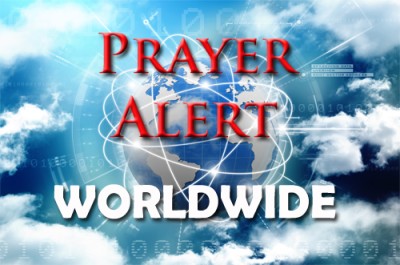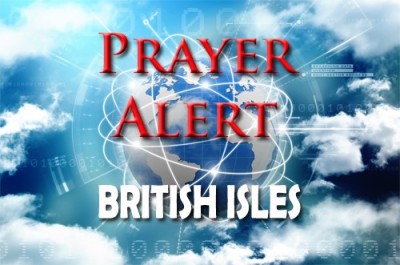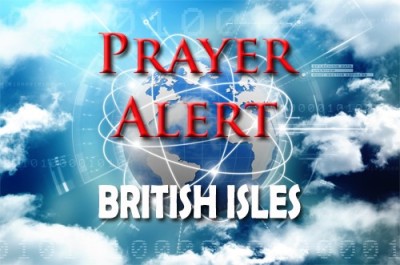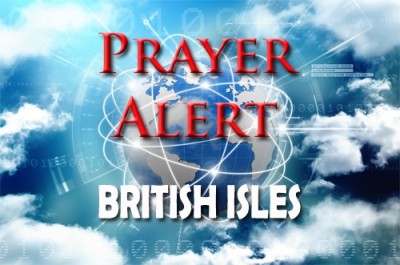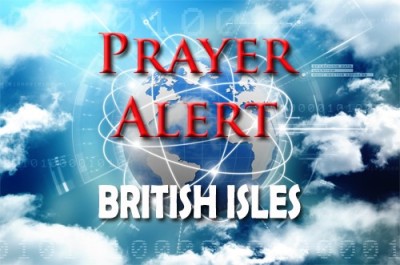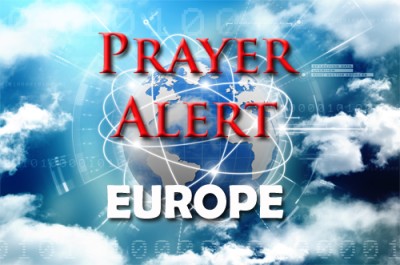Bullying remains a pervasive and deadly problem in Malaysia’s schools, with thousands of cases recorded annually and incidents escalating to violence and even death. Despite public outrage, policy gaps and weak enforcement allow abuse to persist, including in elite institutions. Victims suffer long-term psychological harm, while perpetrators may develop behavioural problems and criminal tendencies. Research shows nearly 80% of Malaysian students have been involved in bullying, often as both victims and aggressors. Teachers, while crucial for prevention, can sometimes contribute to the problem, highlighting the need for systemic reform. Unlike many Asian neighbors, Malaysia lacks comprehensive anti-bullying laws. Experts recommend strict legislation, independent investigations, national reporting systems, whistleblower protections, school-based mental health support, educator training, and transparent accountability. Without decisive reform, tragedies like the recent death of Form One student Zara Qairina will continue to erode public trust and student safety.
In Green Bay, Wisconsin, a homeless man, Weldon Tucker, is being hailed as a hero after saving a six-year-old girl from oncoming traffic. The child, Honeretta, who has autism, ran into a busy road while her family was moving house. Her grandmother’s cries for help caught Tucker’s attention, and without hesitation he ran into the street, risking his own life to pull her to safety. Mother Faith Roberts praised his quick thinking, especially since others nearby did not intervene. Tucker, currently receiving shelter assistance, downplayed his heroism, saying he simply acted instinctively and hoped anyone would do the same. The town’s mayor will honor him publicly during a city council meeting, recognising his courage and selflessness. The family is deeply grateful, crediting God for Tucker’s timely intervention, and seeing in him a powerful example of sacrificial love and compassion in action.
Political unrest; environmental changes; natural disasters; human rights violations; war and famine; migration. The list could go on: all of them are causes of widespread anxiety and stress. While experts recommend practical strategies like healthy living, Christians also turn to prayer, scripture, service, and witness. History offers models of resilience during turbulent times, such as Japanese author, minister, and activist Toyohiko Kagawa. Born in 1888, he lived through poverty, war, natural disaster, and political unrest, yet maintained joy and hope. His poetry reflects a spirit unbound by chains, seeking light and peace in Christ. He worked for justice, environmental stewardship, women’s suffrage, and peace, which earned him several jail sentences but also a nomination for the Nobel Peace Prize. His final words were 'Please do your best for world peace and the church in Japan’. His life shows us how to navigate chaos: embrace Christ’s peace, shine his radiance, and let joy endure.
Number of UC claimants jumps dramatically
14 Aug 2025A record eight million people are now claiming Universal Credit (UC), the highest since its 2013 introduction, and a sharp increase from 6.9 million in July 2024. This has largely been driven by a surge in those not expected to work due to long-term illness, caring responsibilities, or being over pension age. This category grew by 39% in a year, now totalling 3.7 million. UC supports both unemployed individuals and low-income workers, with 2.2 million claimants currently in work. London has one of the highest claimant numbers, with over 364,000 people receiving benefits. A new breakdown by immigration status reveals that 83.8% of claimants are British or Irish nationals, 9.6% hold EU settled status, and smaller proportions are refugees or humanitarian arrivals. The Government has pledged welfare reforms, citing an ‘unsustainable benefits bill’. The figures highlight ongoing challenges with health, employment, and cost-of-living pressures affecting millions across the UK.
Students receive A-level, T-level, Btec results
14 Aug 2025Students across England, Wales, and Northern Ireland have received their A-level, T-level, and BTec National results, with top grades once again rising slightly (28.3%, up from 27.8% in 2024). Despite ongoing recovery from the Covid disruption, a record number of 18-year-olds are predicted to gain entry to their first-choice universities. This year’s cohort faced unique challenges: lower GCSE grades due to efforts to reduce pandemic-era grade inflation, and years of interrupted learning during national lockdowns. Education secretary Bridget Phillipson acknowledged persistent inequalities, particularly for white working-class students, and pledged continued reforms. The results also mark the fourth year of vocational T-level qualifications, which blend academic study with industry experience. Many students have used these pathways to secure jobs and prepare for future careers. Universities, seeking stability amid uncertain international admissions, may be more flexible in accepting students, with leaders urging recognition of the extraordinary circumstances these young people have overcome.
Epping Forest District Council has applied for an interim High Court injunction to stop asylum seekers being housed at the Bell Hotel. In recent months hundreds of people have demonstrated outside the hotel, protesting against its current use. The council says there is a clear risk of further escalating community tensions. Council leader Chris Whitbread expressed frustration over having to take legal action, while a spokesperson noted that the hotel's location, near schools and a care home, adds to residents’ anxiety. The protests intensified after a hotel resident was arrested and charged with multiple offences, though he denies the allegations. Refugee charity Care4Calais has said that some asylum seekers are now scared to go outside. The Home Office says it has reduced the number of asylum hotels from 400 in summer 2023 down to 210. Meanwhile, the leader of Dudley council has said that housing asylum seekers is a drain on the local economy: see
England: fourth heatwave increases water crisis
14 Aug 2025England is facing a deepening water crisis, with five regions officially in drought and six more experiencing prolonged dry conditions - the worst since 1976. Despite brief storms in July, river flows and reservoir levels continue to decline, exacerbated by the fourth heatwave of the summer which began on 12 August. An amber heat health alert now covers key regions, including London and the south-east, as temperatures threaten to break this year’s record of 35.8°C. The UK Health Security Agency warns the heat could further strain public water supplies and navigation channels. The National Drought Group, composed of government bodies and industry stakeholders, has called for urgent, coordinated action. While the public has made efforts to reduce water use, concerns persist over damaged crops, reduced farm yields, and long-term food security. Farmers, in particular, face devastating losses. They are calling for improved water infrastructure and a more effective planning system to tackle both drought and flood threats in future climate extremes. Meanwhile, the Met Office has warned that extreme weather is becoming the new normal in the UK: see See also the Europe article on wildfires.
Donald Trump has warned of ‘very severe consequences’ if Vladimir Putin refuses to agree to a ceasefire in Ukraine during their meeting in Alaska on 15 August. While not detailing the measures, Trump has previously suggested economic sanctions and hinted at a follow-up meeting that could include Volodymyr Zelensky. Concerns persist among European leaders and Kyiv that any peace proposal might involve Ukraine surrendering territory - particularly the Donbas region - in exchange for halting further Russian advances. In a high-level virtual call hosted by Germany, Zelensky, Trump, and key European leaders reaffirmed their commitment to Ukrainian sovereignty and continued pressure on Moscow. Zelensky dismissed Putin’s threats as bluffs, insisting that sanctions and united international resolve remain crucial. The Alaska summit is seen as both a diplomatic opportunity and a high-stakes gamble, with Ukraine’s territorial integrity and the broader stability of Europe hanging in the balance. Meanwhile, on 12 August Russian troops tried to make a big advance, possibly to put extra pressure on Kyiv to cede territory: see
